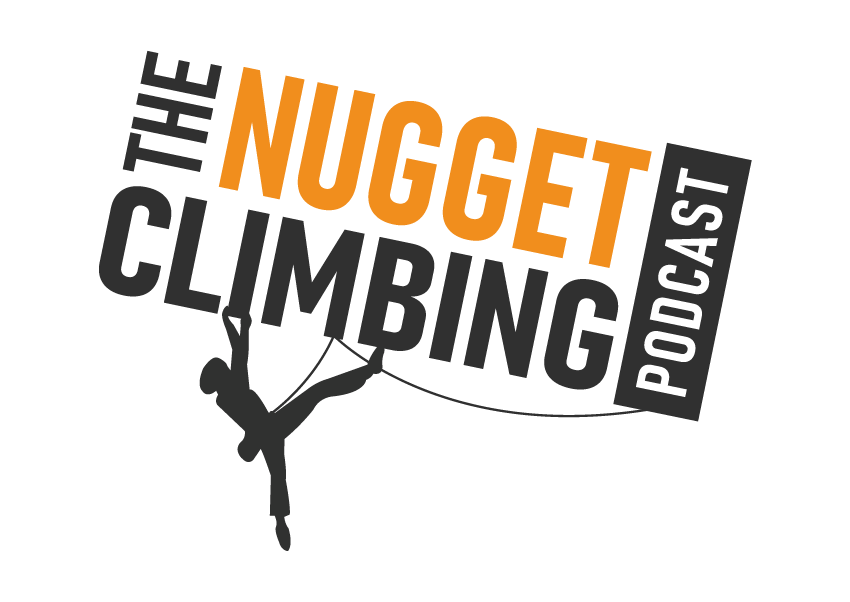Routesetters
Conversations with the people who create indoor climbing:
Molly Beard was the first female L5 routesetter in the US. We talked about what climbing gyms were like in the 90s, how she got started in routesetting, learning the language of movement, getting her L5, dealing with misogyny, staying up to speed on setting trends, how to have longevity as a routesetter, budgeting your body dollars, advice for young routesetters, and much more.
Joey Jannsen and Rich Breuner are the founders of Ocelot Grips. We talked about their “why” for starting a climbing hold company, why the small details matter, how to make dual tex, why you can’t buy their holds online, building relationships with your customers, being fans of sports, the future of indoor climbing, the entrepreneurial spirit, producing underground hip-hop concerts, cage fighting, and much more!
Ady Wright is a climbing instructor and routesetter based in New York. We met up in Red Rock and recorded a nice long chat in the van, covering her introduction to climbing and routesetting, why she pivoted from veterinary science, being raised by a cautious father, analyzing risk, the benefits of meal prepping, losing her grandmother to cancer, the pressure that comes with opportunity, the rebellious act of existing, and much more!
Christine Deyo is a professional route setter, and the former head route setter at the Austin Bouldering Project. We talked about Christine’s path to route setting, learning to be creative, setting challenges and games, the Fontainebleau circuit system, the responsibility of route setters, competitions, the role of diversity in setting, and the future of the climbing industry.
Tonde Katiyo is a professional route setter, a passionate climber, a father, and a coach. His mother is French and his father is Zimbabwean. We talked about the connection between route setting and coaching, about coaching Nathan Hadley, Sean Bailey, and Margo Hayes, about his discrimination and privilege resumés, about exposing his kids to risk, and about making better climbing to make a better world.







This is part 2 of my conversation with Tonde Katiyo. We talked about RIC (Risk, Intensity, Complexity) as a tool for communicating about difficulty, about the appropriate responses to different types of bouldering challenges, about the value and importance of route setting in a growing industry, about The Lab, and keeping training in perspective.